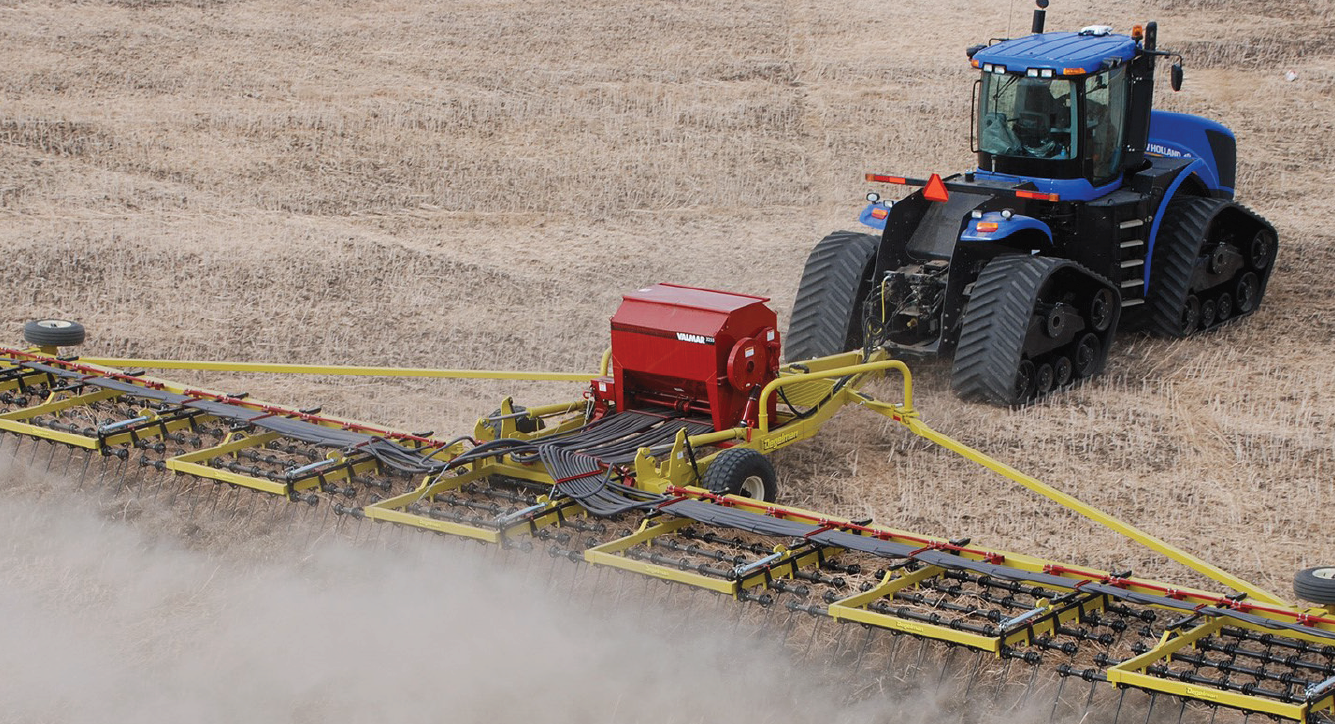Gowan Canada is hosting a Speaker Series on Wednesday, July 19 and Thursday, July 20 at Ag in Motion™. Diversity is defined in the dictionary as “the condition of having or being composed of differing elements”. In weed control, diversity means using multiple strategies, or an integrated weed management approach. For herbicides, this means using ALL of the modes of action available to reduce the risk of weed resistance.
This may be obvious, but we aren’t doing great when it comes to diversity in our herbicide choices. The latest estimates are that as much as 50 per cent of the crop area in Western Canada could be affected by Group 1 and/or Group 2 resistant wild oats. Market research shows 74 per cent of wheat acres, 61 per cent of barley acres, 100 percent of pea acres and 42 per cent of canola acres saw a Group 1 or Group 2 in 2015. This is compared to Group 3s and 8s which were used on less than five per cent of acres.
The imbalance exists because of the ease of use of post-emergent herbicides compared to soil residuals. Also, the use of post-emergent herbicides fits no-till and min-till systems very well. However, in some cases the exclusive use of post-emergent herbicides has resulted in resistance. And with increased use of glyphosate we are now seeing resistance to some weeds and researchers warn that glyphosate resistant wild oat could be on the horizon.
GOWAN’S MESSAGE IS STRAIGHTFORWARD: CHANGE YOUR APPROACH BEFORE YOU ARE FORCED TO!
It is time to get a more balanced approach. Increased use of Group 3 and Group 8 is a good component of a weed resistance management strategy. A benefit of adding a soil residual is the majority of the weeds won’t be exposed to the post-emergent herbicide. A soil residual will remove around 80 per cent of weeds before they emerge, drastically reducing exposure to the post-emergent mode-of-action.
If you are already incorporating Group 3 and Group 8 in your plans — great job. If not, start now — before resistance becomes too costly. Like for farmers in the Australia, the U.K. and U.S. who now spend over $100 per acre on herbicides in some cases or are paying people to hand rogue weeds in others.
Gowan’s message is straightforward: change your approach before you are forced to!
Learn more about resistance management from technical experts from the U.K. and Australia during your trip to Ag in Motion. On Wednesday, July 19 and Thursday, July 20, Gowan Canada will be hosting a speaker series. Rob Plaice, Technical Manager for Gowan United Kingdom and Ireland will provide an overview of herbicide resistance issues in the United Kingdom. Next up will be Craig Hole, an Australian farmer and agronomist at Landmark, one of Australia’s largest distributors. He will provide an overview of herbicide resistance issues faced by Australia’s agriculture industry.
These educational sessions begin at 9:30 am in the Agri-Trend Knowledge Tent (Booth 645). Seating is limited, and priority will be given to pre-registered guests. To register, visit www.aginmotion.ca/managingresistance.

